The project incorporates Electreon's cuting-edge wireless charging technology powering a commercial van, for both the loading dock top-up and overnight depot charging use cases, with Rearq's conversion of a diesel Iveco Daily van to electric propulsion. This innovative project will showcase the partners' abilities to meet the operational needs of logistics fleets by extending internal combustion engine (ICE) vehicle service life, reducing the environmental impact of transitioning to EVs, and lowering total cost of ownership (TCO) for logistics fleet operators.
It is expected that the project will begin operating in Spring 2024 for a period of 24 months. BDX Företagen, which carries goods for one of the Nordic Region's leading distribution companies, Ahlsell Sverig, will utilise the retrofitted electric light truck as it charges seamlessly while loaded with goods at the loading docks, and while parked overnight at the logistics centre in southwest Stockholm.
Temperatures in Stockholm can plummet to -20 degrees in winter, with heavy ice and snow cover. This project will highlight the robustness and durability of Electreon's wireless EV charging technology even in these harsh conditions. The retrofitted electric light truck will operate a full daily schedule, powered by a minimal 35 kWh battery. The vehicle will handle morning deliveries, driving approximately 50 kilometres, then the driver will return to the distribution centre to reload and recharge, and continue to afternoon operations.
"BDX Företagen AB is proactively working to reduce its environmental impacts and this project is one example of the initiatives we are taking to do so,” said Jimmy Glarén, Stockholm business area manager at BDX Företagen. “We look forward to experiencing the retrofitted vehicle drive and charge with this new technology, and to seeing how this project can help us meet our cost reduction and zero emission goals."
The partners expect that this project will also serve as a demonstration site for potential logistics fleet clients and a range of partners across the Nordic Region, showing that top-up wireless EV charging, combined with converting ICE vehicles with minimal vehicle battery, is the most sustainable pathway toward zero-emission electric delivery fleets.
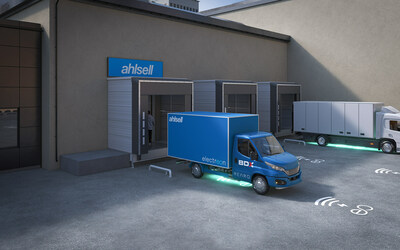
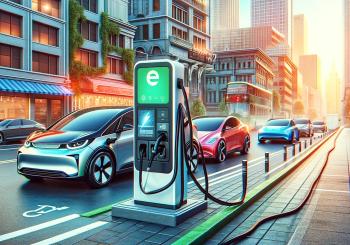
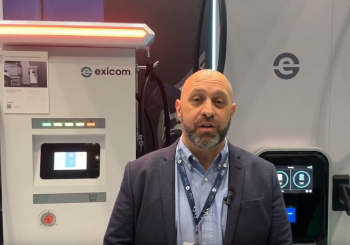
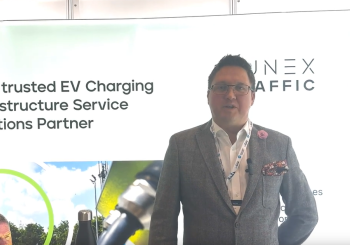
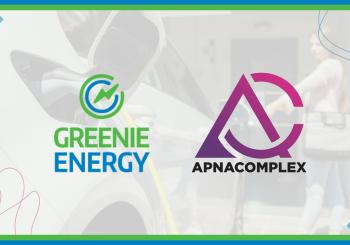
Follow Us On Social Media